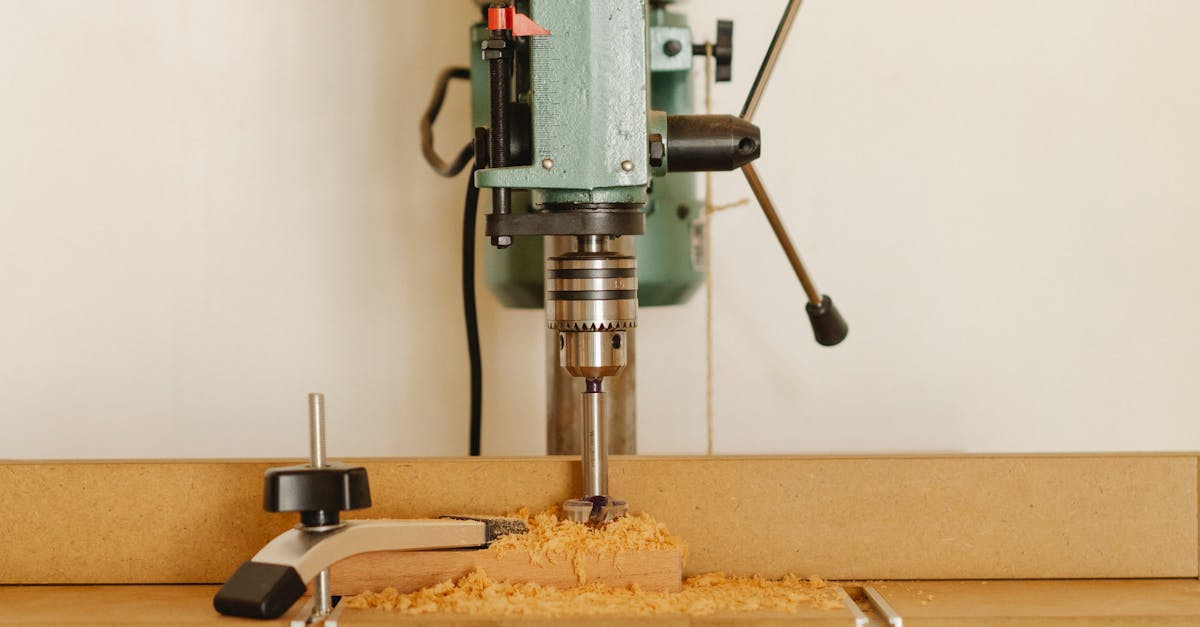
Tips for Fixing a Refrigerator That Makes Unusual Noises
Table Of Contents
Inspecting the Condenser Coils
Condenser coils play a critical role in refrigerating systems. Over time, these coils can accumulate dust, dirt, and debris. Such build-up affects their efficiency, leading to potential overheating and unusual noises. Regularly inspecting the coils is essential to ensure they remain in optimal condition and function correctly.
To conduct an effective inspection, begin by unplugging the refrigerator for safety. Locate the coils, which are typically found at the back or beneath the appliance. Examine them closely for any visible dirt or obstructions. A vacuum or a soft brush can be used to clean the coils gently. This simple maintenance task can significantly improve performance and longevity, reducing noise complaints.
Cleaning and Maintenance Tips
Regular cleaning of the condenser coils is essential for optimal refrigerator performance. Dust and debris can accumulate, causing the coils to work harder and potentially leading to overheating. A simple vacuum attachment can reach various areas where dirt gathers. Using a soft brush can also help to dislodge stubborn particles that may be stuck.
Additionally, maintaining proper air circulation around the refrigerator is crucial. Keep the area surrounding the appliance free of clutter. Ensure that there is adequate space for ventilation, allowing the appliance to operate efficiently. Periodically checking and replacing door seals helps maintain energy efficiency and prevents warm air from entering the unit, which can cause additional strain on the cooling system.
Examining the Evaporator Fan
The evaporator fan plays a crucial role in circulating cool air throughout the refrigerator. Its primary function is to ensure that all sections of the fridge maintain an even temperature. When the fan becomes obstructed by dust or ice, it can produce unusual noises such as grinding or buzzing. Regularly checking the fan for any visible blockages is essential in preventing these sounds.
If the fan is operating noisily even after cleaning, it may indicate a more serious issue. Listen for signs of rattling or failure to turn on entirely. In such cases, the motor might be wearing out and may need replacement. Addressing this problem promptly can help prevent further damage to the refrigeration system.
Diagnosing Fan-Related Issues
The evaporator fan is crucial for circulating cool air within the fridge. A malfunctioning fan can lead to uneven cooling and strange noises. To diagnose issues related to the fan, listen for any unusual sounds such as grinding, clicking, or buzzing. If these noises are present, it may indicate that the fan blades are obstructed or the motor is struggling. Inspecting for debris or ice buildup around the fan area can often reveal the issue.
Additionally, the fan motor itself may be failing. If the motor is not operating at all, it might need a simple lubrication or complete replacement. Checking the fan’s electrical connections is also necessary to ensure it receives power. A quick test can involve disconnecting the power and gently spinning the fan blades with a finger. If they spin freely without resistance, the motor is likely in working condition. Regular checks can prevent larger issues down the line.
Considering the Compressor's Condition
The compressor plays a vital role in the refrigeration cycle, compressing refrigerant gas to circulate through the coils. If it's functioning incorrectly, it can lead to unusual sounds, including loud clattering or buzzing. If you notice these noises, check that the compressor is running smoothly. Power interruptions or an inability to start can indicate a problem.
Pay close attention to any signs of overheating. A compressor that struggles may become excessively warm to the touch. Frequent shut-offs or an inability to maintain a consistent temperature in the refrigerator can also signify issues. A thorough diagnosis may require a professional's expertise, especially if it appears the compressor is failing.
Signs of a Failing Compressor
A failing compressor can exhibit several noticeable signs that demand prompt attention. Increased noise levels, such as hissing or clattering sounds, may indicate internal issues. Additionally, a lack of cooling efficiency can become apparent as food items do not stay adequately chilled, highlighting potential compressor malfunctions.
Another indicative sign is the presence of excessive heat on the exterior of the refrigerator. When the compressor is struggling, it may generate more heat than usual, which can often be felt on the back or sides of the unit. Frequent cycling on and off may occur as well, disrupting the appliance's normal operation and signalling an underlying problem.
FAQS
What are some common unusual noises that my refrigerator might make?
Common unusual noises include humming, buzzing, clicking, rattling, or gurgling sounds. These can indicate various issues, such as problems with the condenser coils, evaporator fan, or compressor.
How often should I clean the condenser coils?
It’s recommended to clean the condenser coils at least once every six months. However, if you have pets or live in a dusty environment, you may need to clean them more frequently to ensure optimal performance.
What should I do if the evaporator fan is making strange noises?
If the evaporator fan is making strange noises, first check for any obstructions that might be causing the noise. If the fan is still noisy after removing obstructions, it may need to be replaced.
How can I tell if my refrigerator's compressor is failing?
Signs of a failing compressor include loud noises, the fridge not cooling properly, and frequent cycling on and off. If you notice these signs, it’s advisable to consult a professional technician.
Is it safe to repair my refrigerator myself?
While some minor maintenance tasks can be safely performed by homeowners, such as cleaning the coils, more complex repairs, especially those related to the compressor, should be left to qualified professionals to avoid injury or further damage.
Related Links
The Importance of Regular Refrigerator MaintenanceSigns Your Fridge is Not Cooling Properly
Identifying and Fixing Temperature Control Issues in Your Fridge
How to Troubleshoot a Refrigerator Door Seal Failure
Addressing Electrical Issues in Refrigerators